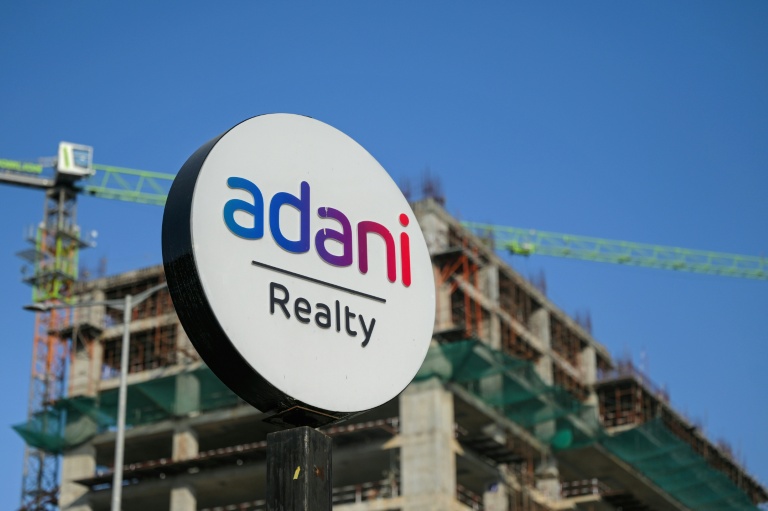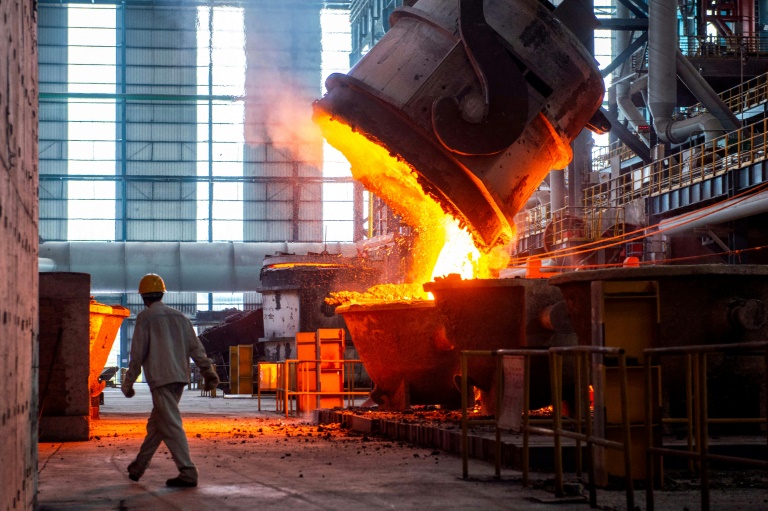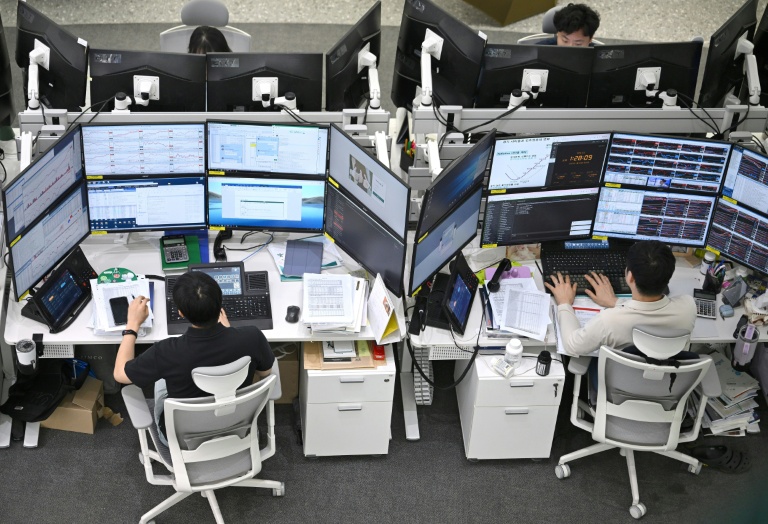San Francisco (United States) (AFP) – Meta reported robust second-quarter financial results Wednesday, with revenue jumping 22 percent year-over-year to $47.5 billion as the social media giant continues investing heavily in artificial intelligence. The Facebook and Instagram owner’s share price soared as much as 12 percent in after-hours trading, with investors buoyed by the company’s growing advertising business and a rise in users across its family of platforms.
“We’ve had a strong quarter both in terms of our business and community,” said CEO Mark Zuckerberg. “I’m excited to build personal superintelligence for everyone in the world.” Meta posted a net profit of $18.3 billion, compared with $13.5 billion in the same period last year. The results exceeded Wall Street expectations as advertising revenue climbed a stellar 21 percent to $46.6 billion.
Meta’s Family of Apps segment, which includes Facebook, Instagram, WhatsApp, and Messenger, saw daily active users reach 3.48 billion in June, up 6 percent from a year earlier. The company significantly increased its capital expenditures to $17 billion in the quarter, primarily for AI infrastructure investments. Meta projects total 2025 capital spending between $66 billion and $72 billion.
Zuckerberg has embarked on a major AI spending spree, poaching top researchers with expensive pay packages from rivals like OpenAI and Apple as he builds a team to pursue what he calls AI superintelligence. “To win the superintelligence race requires the best of the best talent and Meta’s been on a roll when it comes to recruiting top AI talent. Money talks and Meta has plenty of it,” said Forrester research director Mike Proulx. The big question is whether Wall Street will continue backing the expensive strategy.
Meta is locked in a bitter rivalry with other tech behemoths as they invest heavily in AI, aiming to ensure the technology benefits society and generates profits in the not-so-distant future. Most analysts believe Meta will make the investment pay off by improving its advertising efficiency and creating new opportunities, such as with its smart glasses through a partnership with Ray-Ban maker EssilorLuxottica. “Capital expenditures are still shockingly high, but with these strong results, Meta has bought itself more time with investors,” said Debra Aho Williamson, chief analyst at Sonata Insights.
However, others signal that Meta’s AI spending spree needs a clearer sense of direction. A strong quarter “won’t shield Meta from questions concerning the company’s future as it breathlessly tries to keep up in the AI race,” said Emarketer analyst Minda Smiley. Another reason that Zuckerberg’s spending bonanza may raise eyebrows is because it echoes his previous leap into spending vast amounts on virtual reality and entering the metaverse, with the CEO even changing the company’s name from Facebook to Meta to reflect the strategy change. The bleeding continued in that segment, with the Reality Labs division, Meta’s virtual and augmented reality unit, posting significant losses. The unit lost $4.5 billion in the quarter on revenue of just $370 million, highlighting ongoing challenges in the metaverse business.
– ‘Undeniable’ – Zuckerberg’s AI team is headed by Alexandr Wang, the former CEO of Scale AI, a startup in which Meta invested $14.3 billion at the beginning of the company’s spending blitz in June. Hours before the earnings report, Zuckerberg insisted that the attainment of superintelligence is now “in sight.” In a post outlining Meta’s AI strategy, Zuckerberg signaled that the remainder of the decade would be a transformative period for artificial intelligence development and that the company’s priority was to bring AI to its users. “There’s no other company that is as good as us at taking something getting it in front of billions of people,” he told analysts.
© 2024 AFP





















